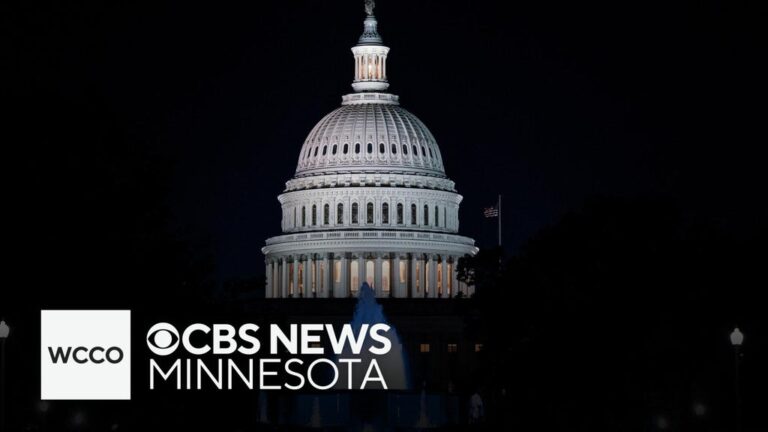The Senate has decisively rejected an amendment proposed by Senator Susan Collins (R-Maine) aimed at increasing funding for rural hospitals while raising taxes on the ultra-wealthy. In a 78-22 vote, the chamber turned down a procedural motion related to the amendment, which was part of the broader GOP megabill. Collins’ proposal sought to double the rural hospital fund from $25 billion to $50 billion over five years and expand access to a wider range of health providers.
The amendment also included a provision to raise the top tax rates for individuals earning more than $25 million annually and couples with incomes exceeding $50 million, starting next year. The rejection of this amendment leaves uncertainty about whether Collins will support the overall bill, as she has expressed concerns over the impact on rural healthcare facilities.
Impact on Rural Healthcare
Senator Collins highlighted the dire financial situation facing rural healthcare providers, noting that many have recently closed or are at risk of closure. “Rural providers, especially our rural hospitals and nursing homes, are under great financial strain right now,” Collins stated before the vote. “This amendment would help keep them open and caring for those who live in rural communities.”
Despite the pressing need for support, most Democrats joined the majority of Republicans in opposing the amendment. Senator Ron Wyden (D-Ore.) criticized the proposal as a mere “Band-Aid on an amputation,” suggesting it would do little to counteract the broader healthcare cuts in the bill. “It would be much more logical to simply not cut $1 trillion from Medicaid in the first place,” Wyden argued.
Political Dynamics and Reactions
Among the Democrats, only Georgia Senators Jon Ossoff and Raphael Warnock, along with Virginia Senator Mark Warner, sided with Collins, as did independent Senator Angus King of Maine. Following the vote, Collins expressed frustration with her Democratic colleagues, accusing them of hypocrisy. “They’ve complained repeatedly about the distribution in this bill, of Medicaid cuts hurting individuals, rural hospitals, and tax cuts being extended for people who are wealthy, and yet when I tried to fix both those problems, they took a very hypocritical approach,” she remarked.
Collins remains undecided on the overall bill, stating that the rejection of her amendment would not necessarily influence her final decision. Meanwhile, several GOP senators have voiced concerns that the bill’s cuts to Medicaid could lead to the closure of rural hospitals.
Financial Implications and Industry Response
The bill proposes to lower the amount a state can tax a hospital, which in turn affects the state’s ability to qualify for more federal Medicaid dollars without tapping into their general funds. Hospitals generally accept these taxes because they result in higher payments from the state. However, conservatives have criticized these provider taxes as a “money laundering” scheme, suggesting that states use the additional federal dollars for unrelated purposes.
The hospital industry has pushed back against these claims, emphasizing the necessity of provider taxes to sustain rural hospitals that operate on thin margins. The ongoing debate underscores the complex financial dynamics at play in the healthcare sector, particularly in rural areas where resources are already stretched thin.
Looking Ahead
The failure of Collins’ amendment highlights the ongoing challenges in balancing fiscal policy with the need to support vulnerable healthcare systems. As the Senate continues to deliberate on the GOP megabill, the future of rural hospitals and the broader implications for healthcare funding remain uncertain. Stakeholders across the political spectrum will be closely watching the next steps, as the decisions made could have far-reaching consequences for both healthcare providers and the communities they serve.





















